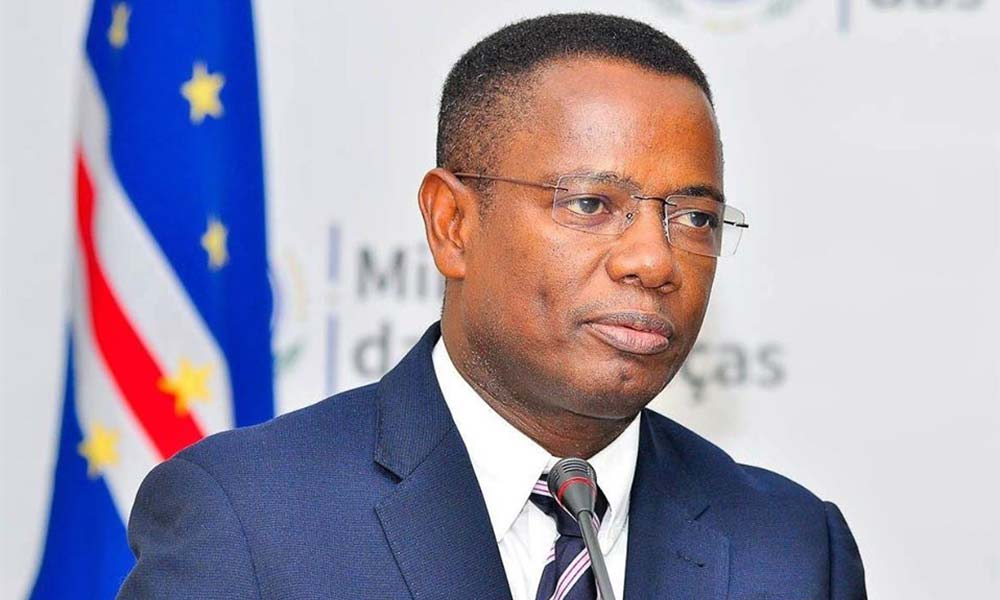“By 2026, we want to have 60% of government services available to citizens digitally and by 2030 have values above 80%,” outlined the Minister of Finance and Digital Economy of Cape Verde at the opening of a workshop held in Praia.
The subject was the “Challenges of digital transformation in the payments sector” in the country, ahead of the 9th Meeting of the Payment System of Central Banks of the Community of Portuguese-Speaking Countries (CPLP).
In March, in an interview with Expresso das Ilhas, the Minister of State Modernization and Public Administration, Edna Oliveira, also present at the workshop today, revealed that only 7% of public services are provided digitally.

The Deputy Prime Minister reaffirmed the idea of turning Cape Verde into a “digital nation”, considering that for this to happen, it is necessary that “data moves and not people”.
“Because today people move all day long, and often unnecessarily, implying time costs, financial costs, bureaucracies, hassles, when we have technologies that can allow data to move and people, from anywhere and at any time of the day, can be served, either with government services, but also with private services,” Olavo Correia noted.
The minister pointed out data capture and sharing between ministries and institutions, digital administration, innovation, centralization, interoperability, digital inclusion, and digital governance.
“To do this, we have to think big, we have to be bold, and we have to be fast,” challenged the minister, for whom the digital government is not only a question of technology but also of talent, human capital, attitude, and vision.
“Technology has to be at the service of people and not the other way around; technology has to be at the service of people and not people at the service of technology,” insisted Correia, stressing the importance of digital inclusion and digital citizenship to include everyone.
Another challenge pointed out by the minister is cyber security, considering that this aspect should not be an “alibi” for institutions to stop doing what needs to be done.
“In all these reforms, we must be transparent and honest with our fellow citizens because there is something indispensable in all of this, which is invisible but is key—trust. Without trust, we cannot build a digital economy,” he understood.
To create this digital nation, Olavo Correia pointed to the government’s “strong agenda”, with the creation of a special zone for the sector, a legal framework that is being finalized, and investment in infrastructure.
With the workshop, BCV intends to promote widening the debate around innovation and digital transformation in the payments industry to the financial community and all market players.
The IX Meeting of the Payment System of the Central Banks of the Community of Portuguese-Speaking Countries will be held over the next three days in Praia.
Its main theme will be “Digital innovation as a strategy for transforming the Payment System”.
“Digital innovation in the retail payments market,” “Facilitating initiatives for payment innovation and financial inclusion,” and “The future… the Central Bank Digital Currency” are some of the topics to be discussed at the meeting, which is being held for the second time in Cape Verde, and which will be attended by central bank representatives from all CPLP countries.
With information from Lusa

